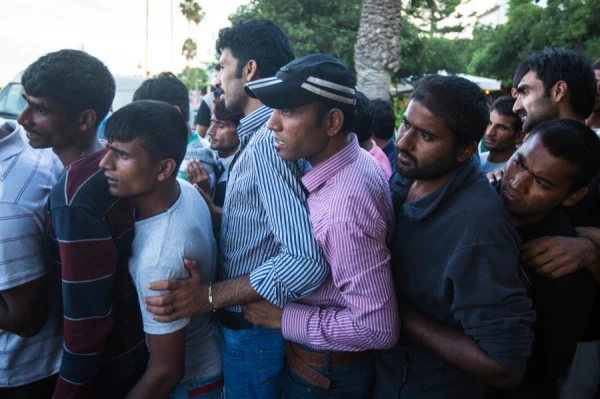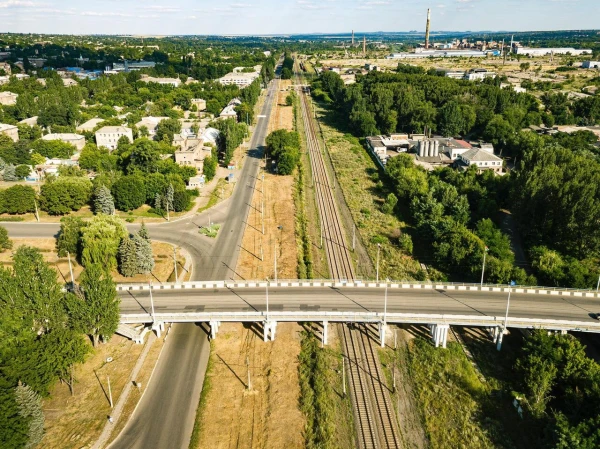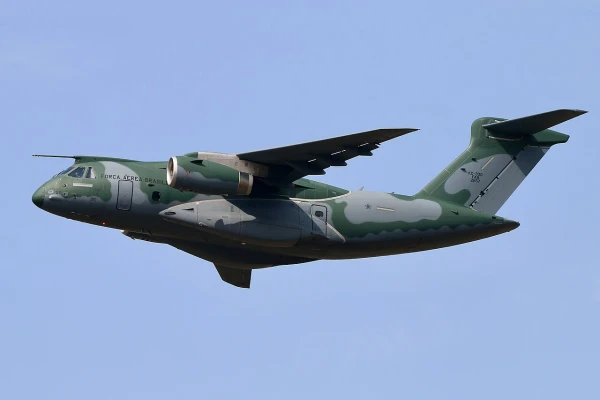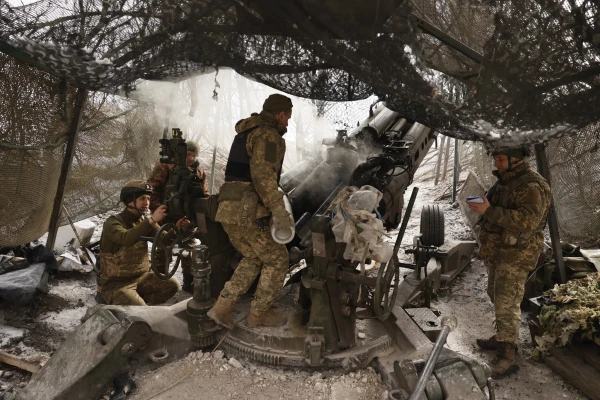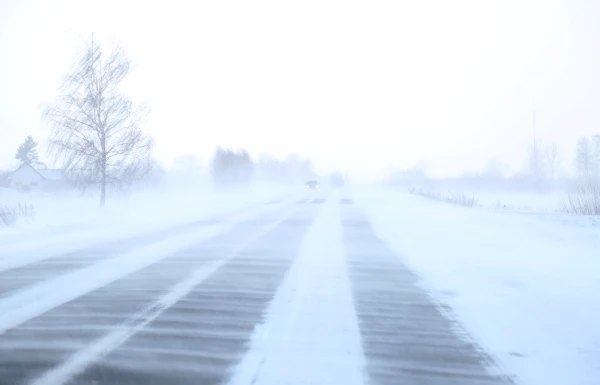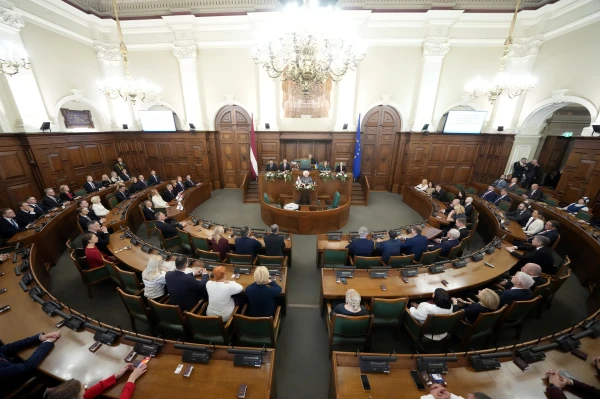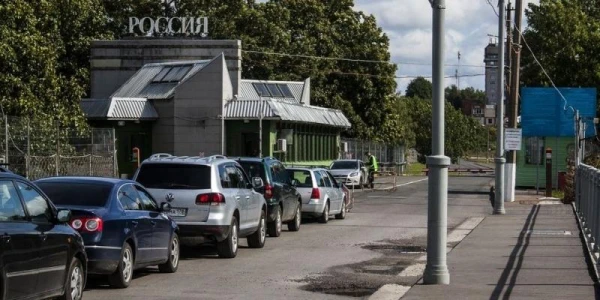
The Estonian parliament Riigikogu on Tuesday rejected, in the first reading, a bill proposed by the 'Fatherland' party that provided for closing the border with Russia, Postimees reports.
The initiative was supported by 20 deputies, while 47 voted against it, after which the project was removed from consideration. A majority vote of at least 51 was required for its adoption.
The bill proposed to oblige the government to assess risks and take measures to ensure the security of the state, including the possibility of temporarily closing the eastern border.
"Closing the control line is one way to reduce risks, avoid incidents, and strengthen border security," the party's explanatory note stated.
The document noted that the situation on NATO's eastern flank remains tense. In particular, it pointed to instances of Russian drones violating Poland's airspace, as well as the preparation for joint Russian-Belarusian exercises "West-2025," which, according to the authors of the initiative, increase the threat to the region.
Additionally, the explanatory note mentioned incidents on the Narva River, where the Russian border service allegedly unilaterally established and removed buoys.
Local authorities and some politicians opposed the initiative. Narva Mayor Katri Raik reminded that closing the border would negatively affect residents of border areas.
"Residents of Estonia make up only about 10% of those crossing the border, while more than a third are citizens of Finland. People even come to Narva from Paris and Rome. Among those crossing are families and individuals visiting relatives. If the border does not pose a direct threat, the possibility of crossing it should be maintained," Raik emphasized.
Earlier, the Estonian Ministry of the Interior stated that there are no grounds for a complete closure of the border.
Janek Mägi, head of the border and migration policy department, explained that a decision to close the border is only possible in the presence of a direct threat to national security.
Former Minister of the Interior Lauri Läänemets added that Estonia has an action plan in case of necessity, but closing the border "is unlikely to affect Russia's position."
Meanwhile, the construction of a border fence on the eastern border continues: the Police and Border Guard Board (PPA) stated that the project is planned to be completed by 2027.


